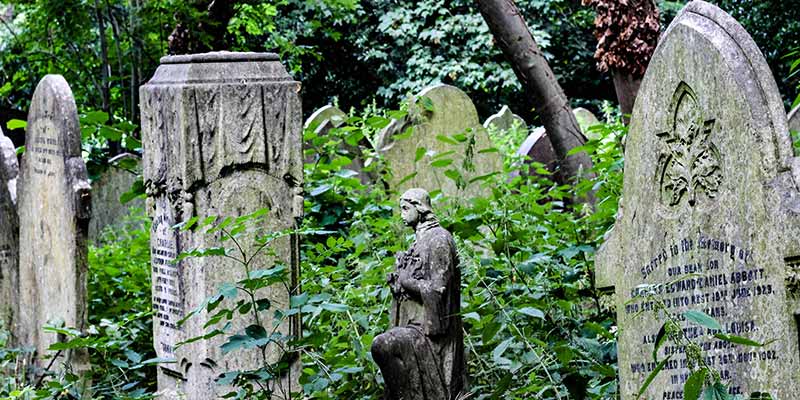Why do they keep moving Easter?
Every year I always enjoy reading fake April Fools stories in the newspapers. Here’s my favourite from last year, from a Devon newspaper, which claimed the Pope has postponed April Fools Day 2018 because of the clash with Easter Sunday. Quoting Papal spokesperson Pesce Daprile (that’s Italian for April Fool) they explained that instead there will be two April Fools Days in 2019: one on April 1st and the other on March 29th, when apparently the British government will be playing a massive practical joke on the country.
Unlike most April Fools Jokes, that’s not one we can endlessly reuse. In fact, April Fool’s Day and Easter Sunday won’t coincide again until 2029, and then 2040, by which time most of us will have forgotten the punchline, though the government probably still won’t have sorted Brexit out.
So why does Easter keep moving? Well unlike Christmas, which has a fixed date, Easter has always been calculated in relation to the Jewish Passover festival, which occurs on the first full moon following the vernal equinox (typically March 20th or 21st). And this means that the date of Easter comes down to a question of maths and a bit of church politics.
Let’s do the maths first. Easter moves because our calendar is based on the 365¼ days it takes the Earth to orbit the Sun. But the date of Easter is based on the 29½ days it takes for the Moon to cycle from new Moon to new Moon. If you divide 365¼ by 29½ you get 12.37 cycles of the moon a year. Which means that some years we get 12 new moons, but other years we get 13, and every year the date of the full moon shifts by 10-11 days.
Now let’s do the politics. Because they weren’t always sure when the Vernal Equinox was, the early church celebrated Easter on a number of different days. It wasn’t until the Council of Nicaea in 325AD, that a standard definition was agreed: Easter would be the first Sunday after the full moon following March 21st. Then, to avoid a clash with Passover, they also agreed that if the full moon fell on a Sunday, Easter would be delayed by a further week. Which is why Easter can happen any time between March 22nd and April 25th.
And with that settled, everyone was happy until 1582. This time the problem wasn’t politics, but maths, and the difference between the 365 days in the calendar and the 365¼ days it takes the earth to orbit the sun. Over time, those ¼ days add up, throwing the seasons out of alignment.
So Pope Gregory XIII proposed a new calendar containing an innovative idea: the leap year, and over time, virtually the whole world had adopted his “Gregorian Calendar”, except for the Orthodox Church. They still prefer the old Julian Calendar, which means that even to this day, Christians in Western and Eastern churches celebrate Easter on different dates.
At various times efforts have been made to reunite the dates. In 1997 the World Council of Churches proposed a new method of calculating Easter based on direct astronomical observation. The reform should have come in in 2001 but was not adopted.
Another failed reform was the UK Parliament’s Easter Act of 1928, which defined Easter as the first Sunday after the 2nd Saturday in April. The legislation passed through parliament, and remains on the statute book to this day, but has never been implemented because the government has always taken the view that to impose an Easter date on the church would be unreasonable.
Our current Archbishop has however indicated a willingness to allow change – as long as the Catholic and Orthodox churches agree to follow suit. Which could mean that one day soon, we’ll read a story in a newspaper, about a Pope postponing, not April Fools Day, but Easter Sunday!
This year Easter Sunday is 21st April, and there are events at all our churches in the week building up to the big day. You can find out what’s happening in your community by visiting www.hopechurchfamily.org/easter. However you celebrate Easter, I hope you have a very special time.
First published in the Bridge Magazine, April 2019


